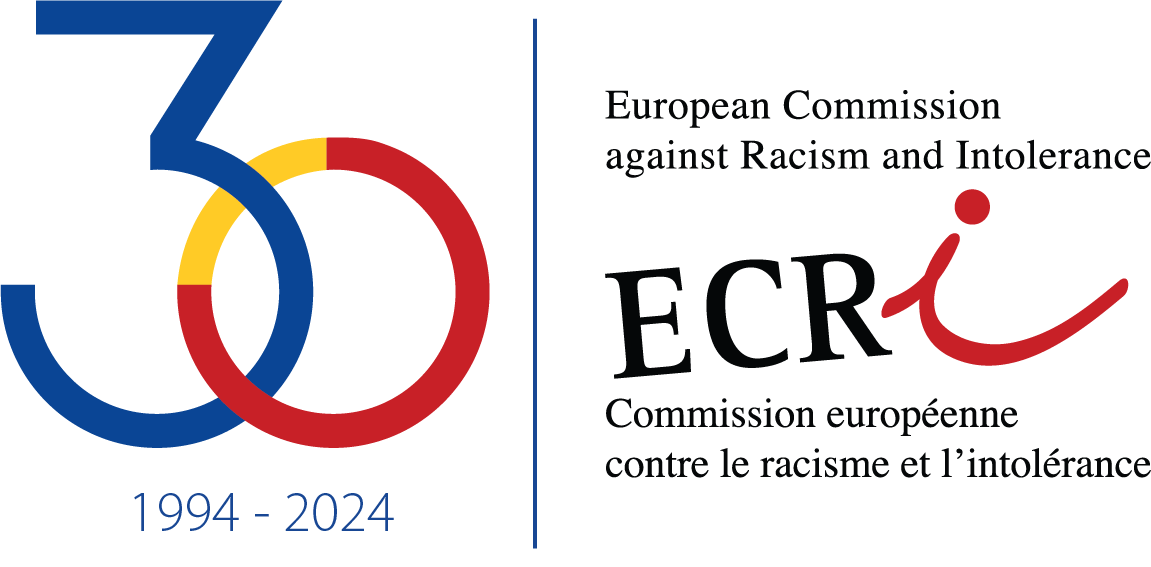A delegation of the European Commission against Racism and Intolerance (ECRI) visited Sweden from 22 to 26 April 2024 as the first step in the preparation of a monitoring report. The visit was preceded by online meetings on 15 and 16 April 2024. During the visit, ECRI’s delegation gathered information on effective equality and access to rights; hate speech and hate-motivated violence; and integration and inclusion.
In Stockholm the ECRI delegation held meetings with representatives of the Swedish government, the equality body and civil society organisations.
The delegation also went to the city of Malmö, where it held a meeting with a representative of the municipal authorities, visited a combined primary and lower secondary school, the Roma Information and Knowledge Centre (RIKC) and a local anti-discrimination office (Antidiskrimineringsbyrå), and met with providers of support for vulnerable migrants, including for unaccompanied children.
Following this visit, ECRI will adopt a report in which it will make a new set of recommendations on measures to be taken by the authorities to address racism and intolerance in the country. The implementation of two priority recommendations will be reviewed within two years after the publication of the report as part of ECRI’s interim follow-up procedure.
In the context of these two priority recommendations, it was indicated that:
- in the field of inclusive education, the authorities should reinvigorate the role of education as a tool to better live together in intercultural societies and understand societal issues linked to questions such as racial and LGBTI-phobic stereotypes as well as prejudices related to religions and beliefs, by raising awareness among teachers about existing tools developed for this purpose and by providing compulsory training to them in how to use such tools;
- as concerns action against racism in policing, the authorities should review police guidelines on interaction with the public and better regulate “stop and search” activities, with a particular emphasis being placed on the treatment of children and young people. In doing so, the authorities should introduce an effective system of tracking stop and search instances by law enforcement officials, in order to allow enhanced supervision and to maintain public trust among residents of safety zones*.
For more information on previous ECRI reports on Sweden, please visit ECRI’s country monitoring page.
* A safety zone (or security zone) may be introduced in an area where the police consider that the risk of a shooting or explosion is high. As of 25 April 2024, the Swedish Police have the right, during a given period of time, to perform body searches and search vehicles in certain areas without suspicion of a crime (for more details, see Krisinformation.se).




